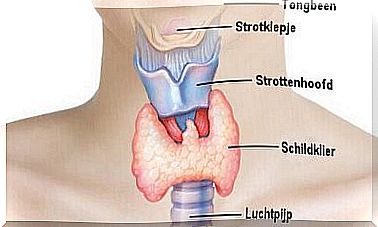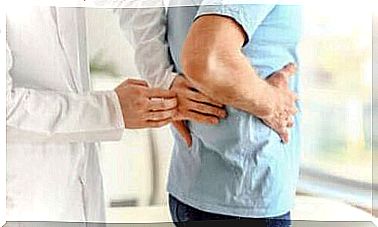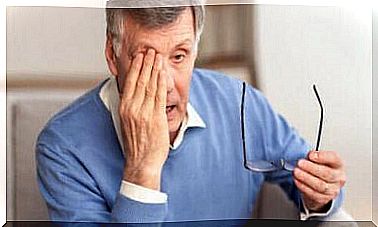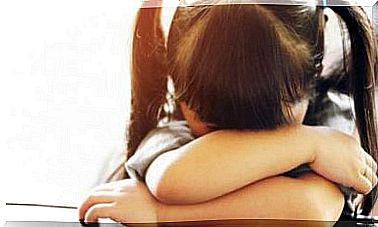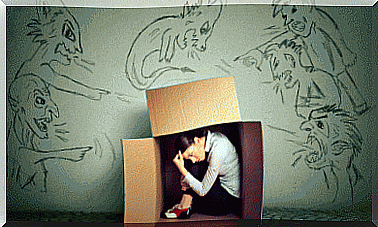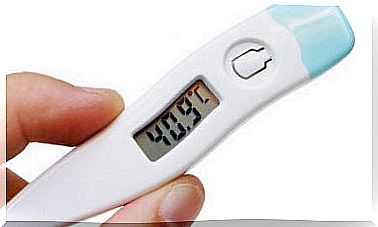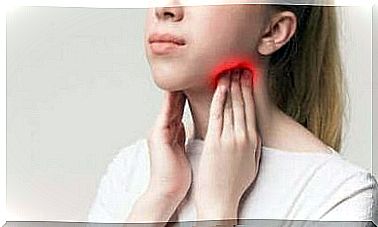Be Alert For Early Signs Of Heart Failure
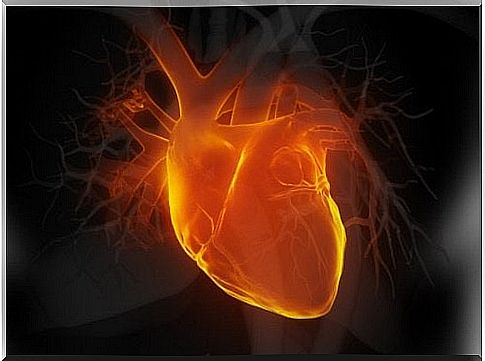
Heart failure refers to the heart’s inability to pump a sufficient amount of blood to keep the metabolic system working and supplying the body with oxygen and nutrients.
If the body cells are insufficiently nourished, the body cannot function normally. This is easy to determine. The symptoms of this disease are severe and reduce quality of life.
At the same time, heart failure is one of the most common and debilitating conditions in the adult population, especially those over sixty-five years old.
Still a good quality of life possible
Although it is a chronic condition in most cases, a person can still have a good quality of life.
Some people need the help of an internal defibrillator. This device is similar to a pacemaker that continuously monitors the heart rhythm.
Life changes drastically when a person has this type of heart complication. Although common, it has a major impact on the individual and the family.
Watch out for certain signs
It is very important that you are vigilant and watch for the early signs of heart failure. In the initial stages, it is very common to fail to notice some anomalies such as fatigue and stress, which are almost always associated with this condition.
We will give you some simple information here and suggest you remember it well. That will be important when you see a doctor.
1. The urge to pee during the night
If you have to get up to pee more than twice a night, this is not normal. This can be due to various causes (kidney problems, an infection, prostate problems…), but you should also think of heart failure.
- When we lie down, heart failure can cause the fluid that accumulates in the body ends to reverse circulation. This blood then gets trapped in the kidneys and is removed through the urine.
- We must not forget that in this disease, the ventricle of the heart enlarges in an almost desperate attempt to pump more blood. However, what happens is that the liquid is retained anyway.
So if you find that your toilet routine has changed overnight, you should see a doctor.
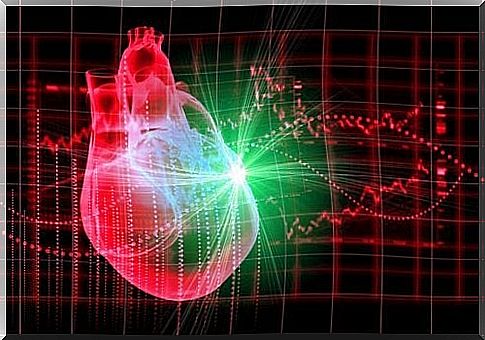
2. Heart Failure and Loss of Appetite
This is another problem that can also be linked to many other ailments that are so extremely serious.
When this happens, it’s common to feel full without eating. You may even feel overfull after eating small amounts of food.
3. Constant fatigue
This fatigue occurs without effort. What didn’t tire you in the past now makes you have to put in an extreme effort and leave you breathless afterwards. Going up the stairs, lifting heavy things, going shopping and even talking for long periods of time exhausts you.
Heart failure reduces the heart’s capacity to pump.
As a result, less blood is sent to the muscles.
You can imagine what this means for your body: you receive less oxygen and fewer nutrients. The muscles are overloaded. This causes cramps, pain and extreme exhaustion.
4. An unexplained gain in weight
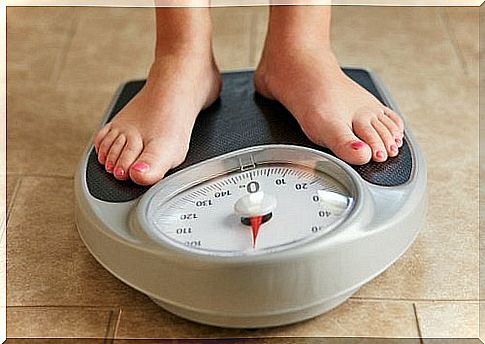
This can seem contradictory, because after all you eat less. Then why are you gaining weight? Again, the answer here is that you are retaining fluid.
Most of this body weight is not due to fat, but to fluid.
If you gain approximately 2.5 pounds in less than a week, you should call your doctor right away.
At the same time, it is also valuable to know that these extra pounds will disappear with a good diet and that you will regain your figure.
5. Swollen Ankles
Swollen ankles can be a result of various causes. It can be due to obesity, pregnancy, varicose veins and even poor circulation.
- If it is a constant problem in your daily life, then you should know that this is not normal. Then it is necessary that a diagnosis is made.
- This swelling or edema can spread from the ankles to the legs. Often this is a sign of heart failure, kidney problems, or liver disease.
You should discuss these issues with your doctor.
6. Shortness of breath
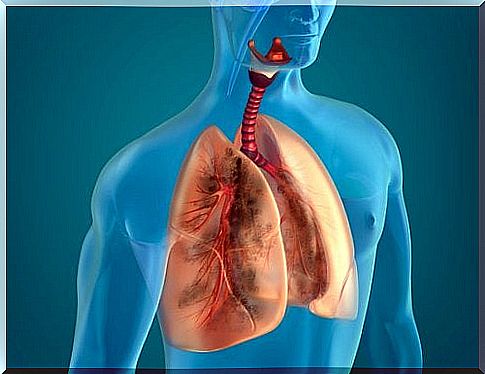
Dyspnea, or shortness of breath, does not refer to a build-up of fluids. In this case, it is due to a congestion in the lungs.
What is common is that the shortness of breath occurs at very specific times in the beginning . This can happen when you exercise or when you get out of bed.
Trouble breathing
When you lie down, the blood will flood the lungs. You will have trouble breathing.
You should never take this last signal as normal. If you have trouble breathing for a few seconds every day when you get up, you should see a doctor.
In conclusion, we would like to say that it is always important to consult your specialist with any problem. Anything that falls outside the norm should be checked. So you can lead a normal life.
